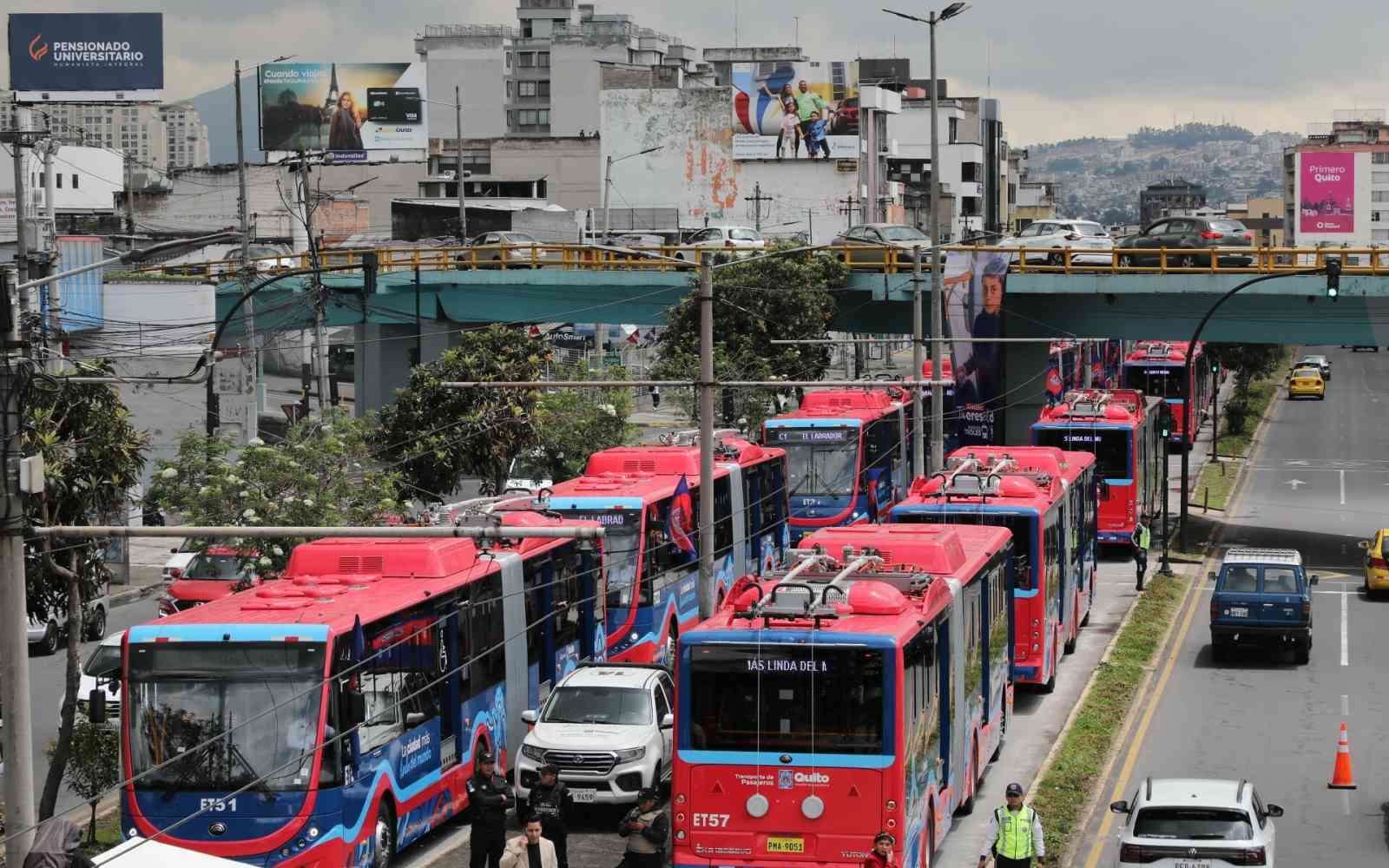The United Nations Office for Project Services (UNOPS)
Reducing carbon emissions across UNOPS global operations

In the lead up to the 2015 Paris Climate Conference (COP21) next month, UNOPS demonstrates its commitment to offsetting carbon emissions for the third consecutive year.
UNOPS purchased more than 14,500 Certified Emission Reductions (CERs) in 2014, as well as additional offsets for its partners, including the International Monetary Fund, the UN Population Fund and the UN World Tourism Organization.
CERs are regulated by Kyoto Protocol's Clean Development Mechanism, which is the first credit scheme of its kind, created in 2007. Through this Mechanism, projects in developing countries have the opportunity to earn emission-reduction certificates, equal to one tonne of CO2.
CERs are purchased by UN organizations in a competitive process, which in turn are then used to fund climate-protection projects, in an effort to provide cleaner technologies, avoid emissions and support sustainable development initiatives in developing contexts.
In 2015 UNOPS and its partners have supported a number of climate change-mitigation projects, including: a wind-power project in Inner Mongolia that generates renewable energy to counter increasing demand on the national power grid; a landfill in Brazil which combusts CO2 and methane emitted into the atmosphere; and a project in India that distributed 600,000 long-life compact fluorescent lights to private households across the country, replacing incandescent lighting to reduce energy consumption.
As part of a united UN effort, UNOPS accounts for its annual emissions across its global operations, including the organization's purchased electricity and heating, fuel combustion, air conditioning, and all emissions from air and land travel.
A thorough annual inventory provides UNOPS with an understanding of its emissions profile and forms a baseline to estimate offsetting goals.
UNOPS has taken steps to mitigate its impact on the environment, including developing a sustainability policy for its infrastructure operations and receiving ISO 14001 environmental management system certification for five of its offices.
"Climate change poses an unprecedented challenge to the efforts of the development community," said Ricardo Vargas, Director of the Infrastructure and Project Management Group, adding: "In UNOPS, we want to be exemplar in our climate behaviour. Climate change mitigation and adaptation are embedded in our infrastructure and project management practices. We owe this to the communities we serve."
COP21 aims to achieve a legally binding and universal agreement on climate, with the aim of keeping global warming below 2°C.













